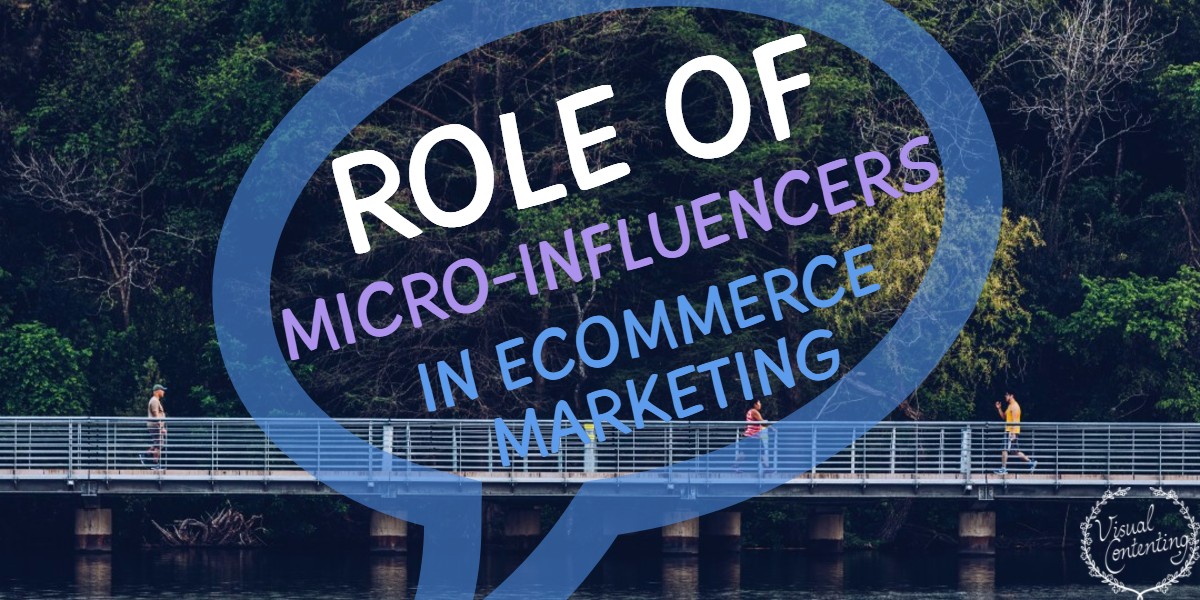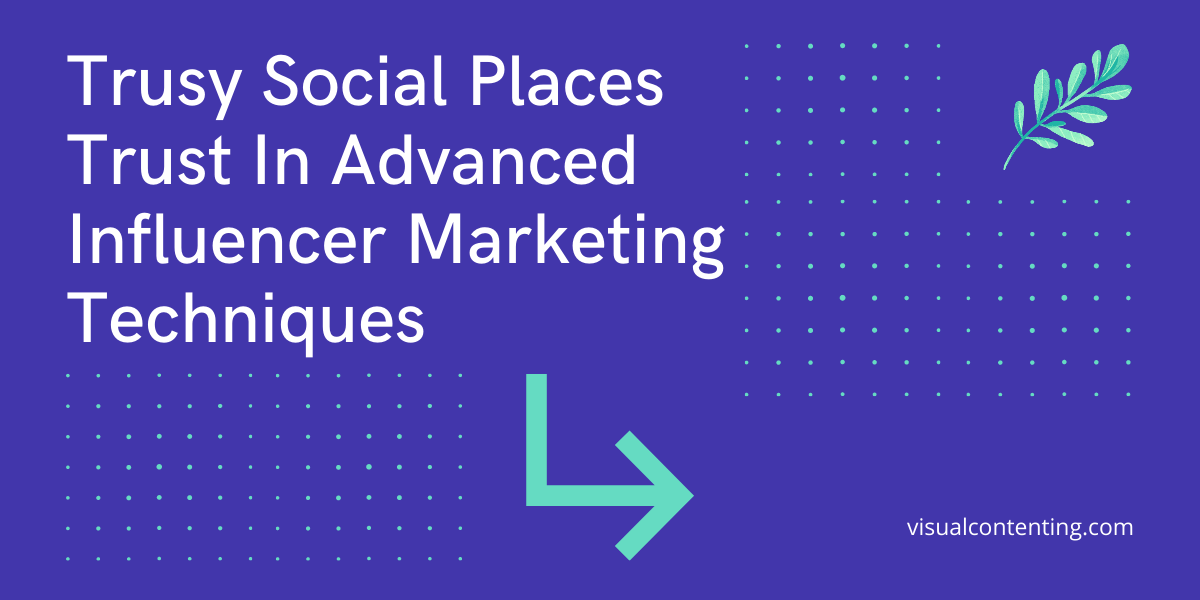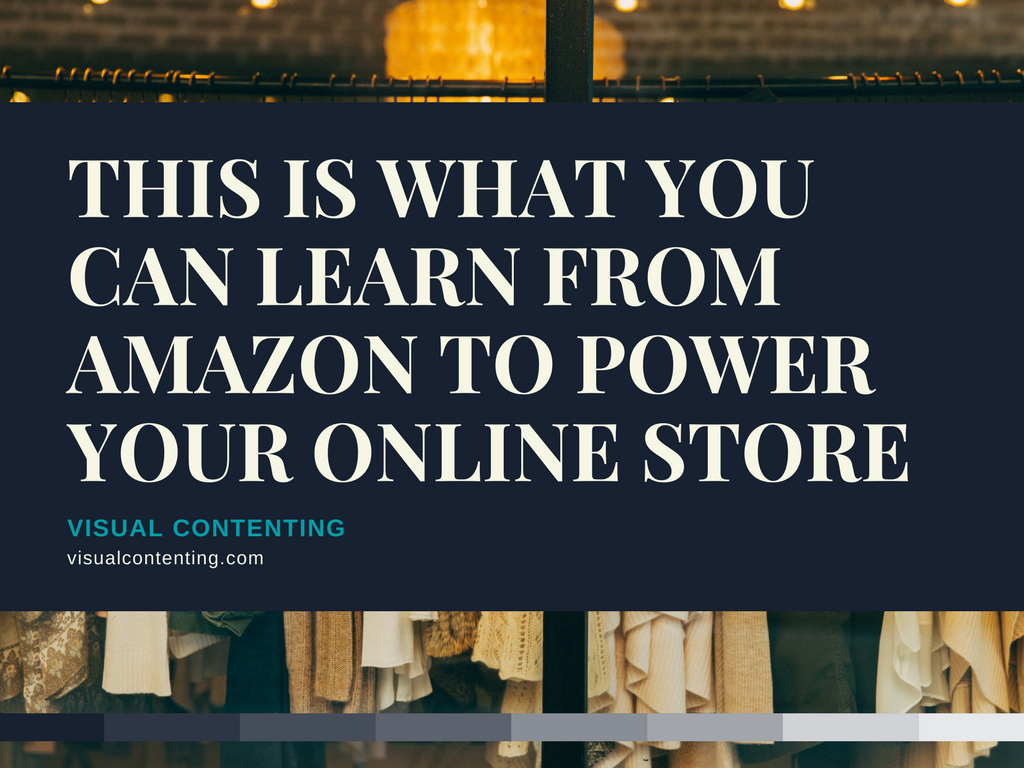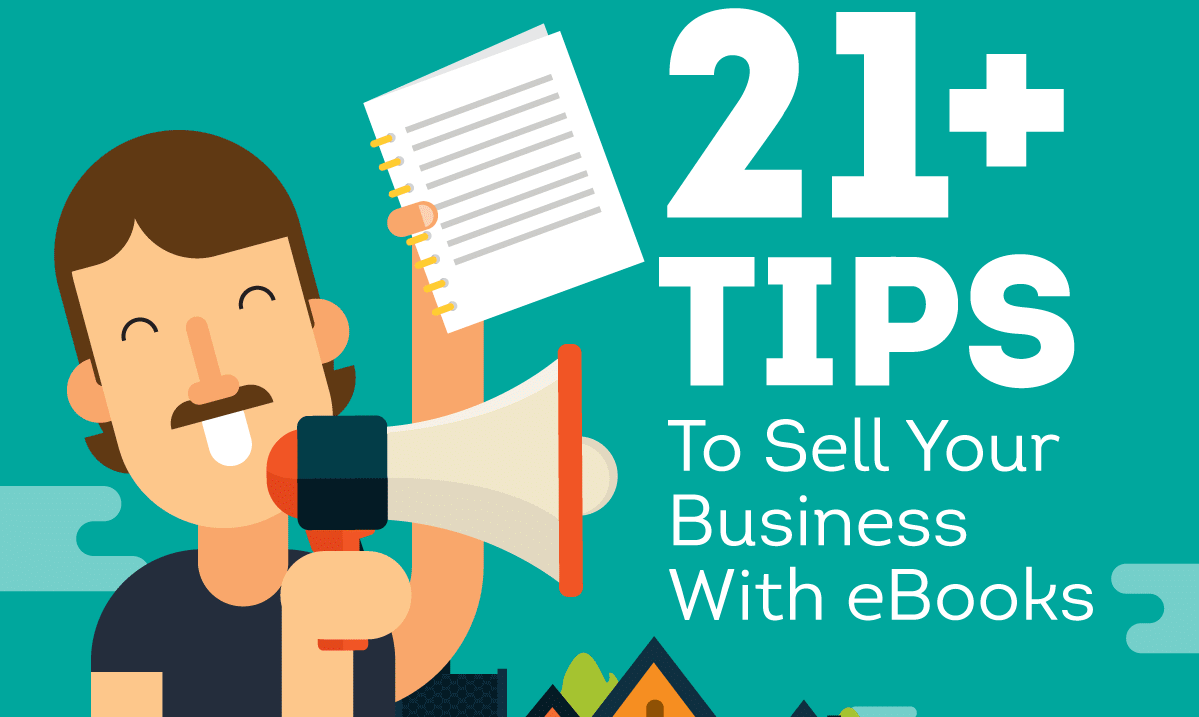When you think of influencer marketing, do you imagine working with a famous Internet celebrity to sell products in a branded manner? Or, do you envision a normal person who has a healthy social media following and an engaged audience? The first scenario is what many picture when they think of an influencer: wide reach, exclusive feel and big bucks to make it all happen. But you may be surprised to learn how effective the second group is too. Read on to learn more about the role of micro-influencers in ecommerce marketing and how you can utilize them as part of your store’s branding and content strategy.
Micro-Influencers: Small but Powerful
While it’s difficult to put exact parameters on what exactly constitutes “micro” versus “macro,” many consider a micro-influencer someone who has roughly 10,000 to 100,000 social media followers. In other words, they have an audience, but it’s a smaller audience than you’d find with a big-time influencer, who may have hundreds of thousands or even millions of disciples.
However, a smaller audience does not mean a less engaged one. As SocialMediaToday writes, “A smaller audience can sometimes even be a good thing - in many cases, the smaller the audience of an influencer, the more targeted and engaged they are, in large part because they’re following out of genuine interest (while a bigger influencer might get lots of new followers simply because they already have a lot of followers).”
Think about it from the point of view of an audience member. Commenting on a macro-influencer’s post means watching hundreds of other comments roll in. Sure, the celebrity or industry superstar may answer the top ones, but it often feels like a drop in the bucket. Commenting on a micro-influencer’s post, however, may lead to a richer discourse with a close-knit community of loyal fans. The influencer will likely take the time to comment back, thus boosting the humanity of the relationship.
The key to micro-influencers is they seem just like you and me, yet they have a legion of eager followers who genuinely care about their opinions, experiences and testimonials. According to research from Experticity, micro-influencers have up to 22.2 times more conversations per week (compared to average consumers) about buying recommendations, and 82 percent of survey respondents were highly likely to follow their recommendations.
A Cost-Effective Way to Connect
Let’s say you run an ecommerce operation selling ebooks and want to get the word out. Are you going to try to strike a deal with a world-famous author, critic or celebrity? Or should you target bloggers, readers and thought leaders in the appropriate genre?
The New York Times reports working with an influencer who has three to seven million followers costs, on average, $187,500 for a YouTube video, $75,000 for an Instagram or Snapchat post and $30,000 for a tweet. Most ecommerce brands—especially those just starting out or running a small- to medium-sized online store—don’t have that kind of cash on hand. For them, working with micro-influencers is often a better option.
In contrast, statistics from WeRSM show 96 percent of micro-influencers charge less than $100 for a tweet, 97 percent charge less than $100 for a branded Facebook post and 84 percent charge less than $250 for a branded Instagram post. Even a full blog post often costs less than $500. Using this strategy, you can spread your content around many smaller (yet more precisely targeted) audiences rather than casting a wide net over one large (and expensive) one.
The Rifle vs Shotgun Approach
Your ebook business could benefit from promoting cookbooks with a relevant home cook, chart-topping beach reads with a lifestyle blogger, science fiction books with a gaming guru and language learning books with an avid world traveler. You’ll enjoy all the benefits of an engaged and targeted audience without cutting huge checks to make it happen. Just reach out to micro-influencers and forge genuine and professional connections to get started—they’re often very receptive.
The role of micro-influencers in ecommerce influencer marketing is expanding rapidly. It’s a great time to incorporate this authentic-feeling form of branding into your repertoire.
Related Posts
Community manager at Visual Contenting. Jacqueline loves to talk about social media trends, new technology and how they help businesses accelerate their marketing efforts.








[…] The Role of Micro-Influencers in eCommerce Marketing […]